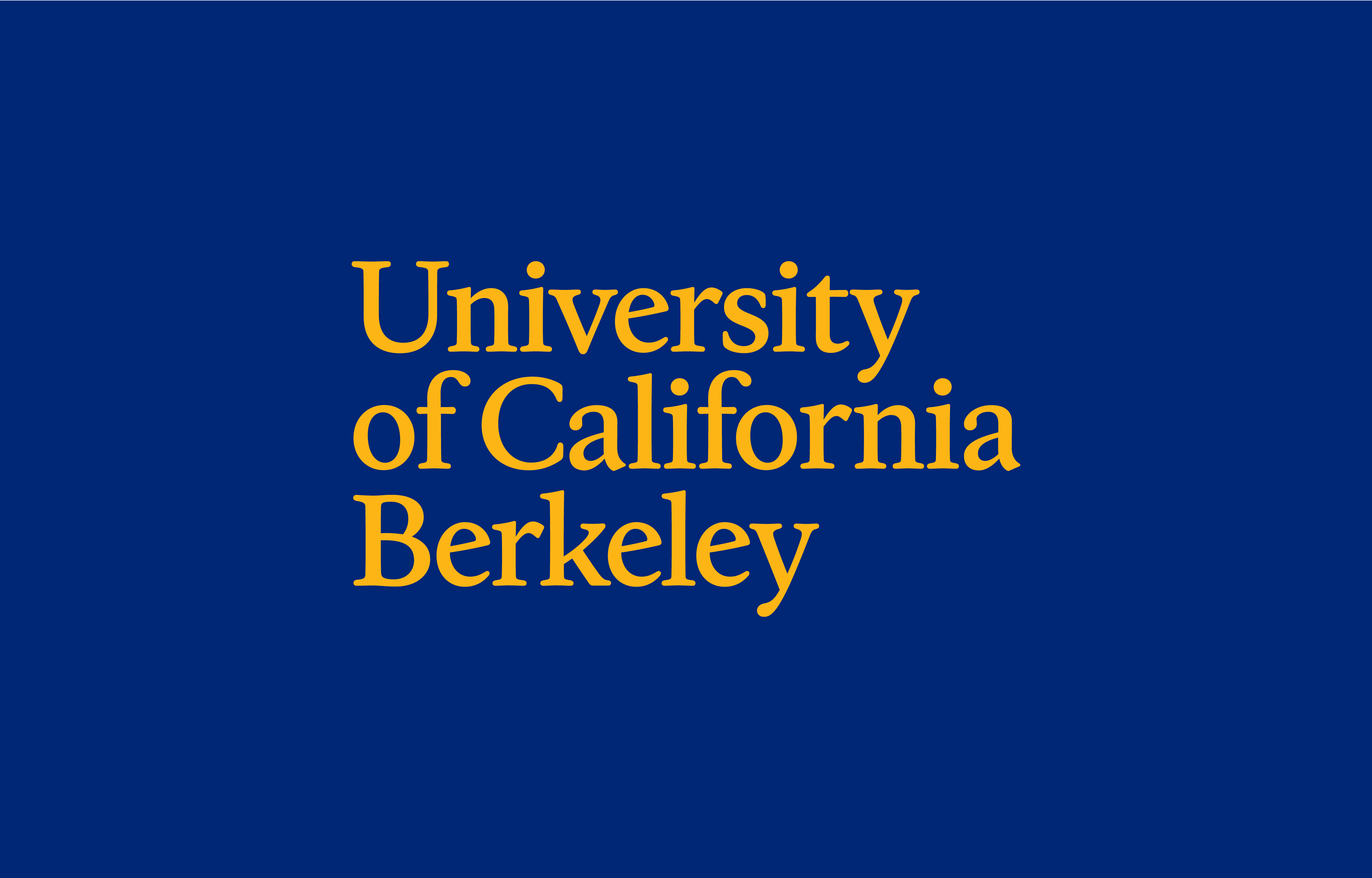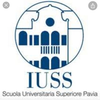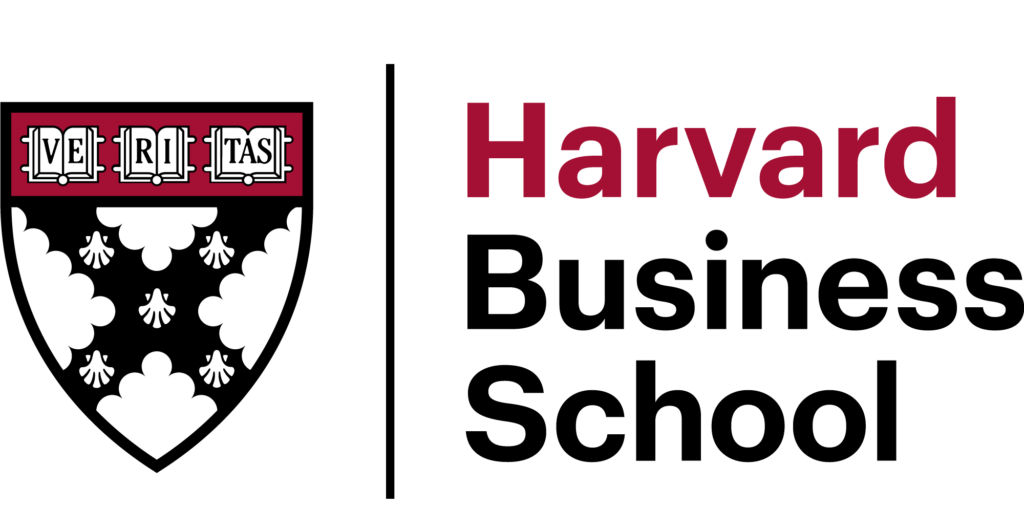Company Directory - Harvard Faculty of Arts and Sciences
Company Details - Harvard Faculty of Arts and Sciences

Harvard Faculty of Arts and Sciences
WebsiteCambridge, USA
The Harvard Faculty of Arts and Sciences is a division within Harvard University that oversees a broad range of academic departments and programs. It is involved in research, teaching, and policy studies, including the evaluation of diversity, equity, and inclusion (DEI) statements in academic hiring.
CCI Score
CCI Score: Harvard Faculty of Arts and Sciences
-13.00
0.03%
Latest Event
Harvard FAS Revises DEI Statement Policy Amid Ideological Concerns
Amid growing criticism that mandatory DEI statements serve as ideological litmus tests in faculty hiring, Harvard Faculty of Arts and Sciences has walked back these requirements. Critics argue that this decision undermines efforts to ensure fair and inclusive evaluation processes, potentially sidelining progressive initiatives and reinforcing traditional power structures.
Take Action
So what can you do? It's time to make tough choices. Where will you cast your vote?
- Shop Alternatives
SEE ALL - Use Your Voice
OTHER TOOLS - Investigate
- Share the Score
SUPPORT CCI
ENABLER
Harvard Faculty of Arts and Sciences is currently rated as an Enabler.
Latest Events
 MAR212025
MAR212025Amid growing criticism that mandatory DEI statements serve as ideological litmus tests in faculty hiring, Harvard Faculty of Arts and Sciences has walked back these requirements. Critics argue that this decision undermines efforts to ensure fair and inclusive evaluation processes, potentially sidelining progressive initiatives and reinforcing traditional power structures.
 MAR132025Harvard Faculty of Arts and Sciences' High-Stakes Lobbying Strategy Amid Trump Administration
MAR132025Harvard Faculty of Arts and Sciences' High-Stakes Lobbying Strategy Amid Trump Administration-44.03
Harvard has embarked on an unprecedented political maneuver by hiring Ballard Partners, a lobbying firm with deep ties to Trump allies, in a bid to counteract potential federal cuts and secure political favor. This strategy, including potential alliances with conservative figures, raises serious concerns regarding the university's commitment to academic integrity and its inadvertent support for authoritarian practices.
-50
Political Contributions and Lobbying Efforts
March 27
Harvard's decision to hire Ballard Partners, a firm known for its close links to Trump and his administration, demonstrates a willingness to engage directly in political lobbying. This action, aimed at mitigating potential federal funding cuts, represents a compromise of the institution's traditional academic neutrality and can be viewed as aligning with authoritarian interests by prioritizing political expediency over scholarly independence.
'This is a crisis': inside Harvard's high-stakes strategy to fend off Trump
-40
Executive Political Engagement
March 27
In addition to formal lobbying, Harvard appears to be engaging in executive political maneuvers by considering relationships with Trump loyalists and potentially hosting influential political figures. This shift towards politically aligning with authoritarian interests, even if framed as a defensive measure for maintaining federal support, poses significant risks to the institution's integrity and reinforces the influence of far-right ideologies within academic leadership.
'This is a crisis': inside Harvard's high-stakes strategy to fend off Trump
 FEB062025
FEB062025Harvard's lobbying expenditures rose by 17% in 2024, reaching $620,000 as efforts ramped up to counter proposals like an increased endowment tax. The university engaged lobbyists with ties to pro-Trump networks, and President Alan M. Garber personally participated in discussions with federal lawmakers, raising concerns about elite political influence.
-30
Executive Political Engagement
March 27
The active involvement of Harvard President Alan M. Garber in lobbying efforts, including personal trips to Washington, indicates a strong executive engagement in political processes that favor institutional protection over broader democratic accountability. This direct leadership role in political lobbying compounds concerns about undue influence in policy-making.
Harvard’s Lobbying Spending Rose by 17% in 2024, the Most in More Than a Decade
-40
Political Contributions and Lobbying Efforts
March 27
Harvard’s significant increase in political lobbying, including a 17% rise in expenditures and engagement with a lobbying firm linked to President Trump, suggests the university is actively influencing policy to protect its financial interests. This underscores a concerning alignment with practices that can undermine democratic processes and foster elite power dynamics.
Harvard’s Lobbying Spending Rose by 17% in 2024, the Most in More Than a Decade
 OCT252024
OCT252024Members of the Harvard Faculty of Arts and Sciences and related governing bodies donated over $2.3 million to Democratic candidates and causes ahead of the 2024 U.S. presidential election, reflecting a commitment to opposing authoritarian tendencies through active support of democratic political processes.
+80
Political Contributions and Lobbying Efforts
March 27
The reported political contributions from Harvard Faculty members, with an overwhelming bias toward supporting Democratic candidates, indicate a proactive stance in bolstering forces opposing authoritarianism. This financial support to candidates and PACs that favor democratic governance and inclusive policies is viewed as a positive public and political behavior, aligning with anti-fascist values.
Harvard Faculty Overwhelmingly Donated to Democrats Ahead of 2024 Election
 JUN072024
JUN072024Harvard Faculty of Arts and Sciences has removed the mandatory requirement for diversity and inclusion statements in its hiring process. While the change was introduced following faculty feedback that the previous statements were too narrow, critics argue that it signals a retreat from a robust commitment to racial equity and inclusion, potentially undermining efforts to foster an academic environment that resists systemic discrimination.
-40
Business Practices and Ethical Responsibility
March 27
The decision to eliminate mandatory diversity and inclusion statements in Harvard's hiring process is viewed as a rollback on efforts to promote racial equity and fair labor practices. This move undermines the institution's commitment to ethical responsibility in its hiring practices by weakening mechanisms that encourage accountability in promoting diversity.
-30
Labor Relations and Human Rights Practices
March 27
Removing the diversity statement requirement raises concerns about the protection of marginalized groups within the academic workforce. Critics argue that this policy change may diminish efforts to foster an inclusive environment and secure fair treatment for all employees, reflecting negatively on the institution's commitment to human rights in labor relations.
 JUN052024
JUN052024Harvard University's Faculty of Arts and Sciences has eliminated the mandatory DEI hiring statements for tenure-track positions, replacing them with a generic service statement. This shift has raised concerns about the institution's commitment to diversity, equity, and inclusion, potentially aligning with political pressures that undermine progressive values.
-50
Business Practices and Ethical Responsibility
June 5
Removing mandatory DEI statements in the hiring process represents a significant shift away from ethical hiring practices that prioritize diversity and inclusion. This decision may undermine efforts to counteract historical marginalization within academia, reflecting a troubling disregard for equitable labor practices.
Harvard's Largest Division Drops DEI Hiring Statements - Inside Higher Ed
-30
Public and Political Behavior
June 5
The decision to eliminate DEI requirements reflects a broader political shift influenced by conservative critiques, which may serve to undermine progressive initiatives aimed at fostering inclusivity. This alignment with political trends that reject DEI efforts can contribute to a broader societal realignment that inadvertently supports authoritarian perspectives.
Harvard's Largest Division Drops DEI Hiring Statements - Inside Higher Ed
 JUN042024
JUN042024Harvard Faculty of Arts and Sciences has eliminated the requirement for a diversity, equity, and inclusion statement in its faculty hiring process, signaling a potential shift away from robust DEI practices. Critics argue that this decision may undermine commitment to racial equity and academic diversity, favoring conservative interests over progressive values.
-60
Public and Political Behavior
March 27
The decision to remove mandatory DEI statements reflects a move away from explicit commitments to fostering diverse and inclusive academic environments. This shift can be interpreted as a reduction in the institution's public commitment to progressive, anti-authoritarian values, which are essential in combating systemic discrimination and oppression.
-80
Business Practices and Ethical Responsibility
March 27
By removing the DEI statement requirement, Harvard FAS appears to be deprioritizing structured efforts towards diversity and inclusion in its hiring practices. This business practice change could be seen as undermining ethical responsibilities towards fostering an equitable academic community, which in the broader context may contribute to authoritarian and exclusionary tendencies.
 JUN042024Harvard Faculty of Arts and Sciences Eliminates Mandatory Diversity Statements in Faculty Hiring
JUN042024Harvard Faculty of Arts and Sciences Eliminates Mandatory Diversity Statements in Faculty Hiring-31.28
Harvard’s Faculty of Arts and Sciences will no longer require a diversity, inclusion, and belonging statement as part of its faculty hiring process, replacing it with broader service and teaching statements. This policy shift comes amid growing political pressure and internal debate over DEI initiatives.
-30
Public and Political Behavior
March 27
The decision to eliminate explicit diversity statements is interpreted as a concession to right-wing pressures and critics, which undermines public trust and signals a retreat from progressive, anti-fascist values. This move weakens the institution's public political stance on promoting inclusive practices.
Harvard Faculty of Arts and Sciences Will No Longer Require Diversity Statements
-40
Business Practices and Ethical Responsibility
March 27
By replacing specific DEI requirements with more generic service and teaching statements, the Harvard FAS is seen as diluting accountability in hiring practices. This change reflects a broader trend of retrenching from proactive diversity measures, thereby compromising the institution’s ethical responsibility in fostering inclusive academic environments.
Harvard Faculty of Arts and Sciences Will No Longer Require Diversity Statements
 NOV172020
NOV172020Harvard Faculty of Arts and Sciences affiliates overwhelmingly donated to Democratic candidates during the 2020 election cycle, demonstrating robust support for democratic governance and a clear rejection of authoritarian, far-right policies.
+85
Political Contributions and Lobbying Efforts
March 27
Analysis of political contributions shows that Harvard FAS affiliates, including faculty, staff, and students, overwhelmingly supported Democratic candidates, with minimal funding going to authoritarian-leaning or Republican figures. This pattern of financial engagement underscores a commitment to upholding democratic values and resisting authoritarian policies—actions that are firmly aligned with anti-fascist ideals.
A Blue Wave: Harvard Affiliates and their Political Contributions
 MAY012015
MAY012015Between 2011 and 2014, faculty from Harvard Faculty of Arts and Sciences contributed overwhelmingly to Democratic political efforts, reflecting a strong commitment to progressive and anti-fascist values. This pattern, as reported by The Crimson, underscores a deliberate political engagement that counters authoritarian tendencies.
+80
Political Contributions and Lobbying Efforts
March 27
The data reveals that 96% of the campaign contributions from Harvard Faculty of Arts and Sciences went to Democratic parties and candidates. This substantial political giving reflects a clear stance against authoritarianism and fascist tendencies, promoting democratic values. Such a contribution trend, indicative of vigilant public and political behavior, reinforces the institution's anti-fascist credibility.
 NOV122014
NOV122014Harvard Faculty of Arts and Sciences conducted a photographic study to monitor classroom attendance without prior consent, raising significant ethical and privacy concerns that echo repressive surveillance practices.
-15
Business Practices and Ethical Responsibility
March 27
The surveillance study was conducted without adequate informed consent, raising concerns about ethical research practices and privacy violations. This approach reflects problematic business practices that neglect ethical responsibility, aligning with broader concerns about how institutions may indirectly support authoritarian surveillance methods.
-20
Technology and Services Impact
March 27
The deployment of photographic technology and algorithm-based attendance tracking in classrooms raises alarms about the use of technology in ways that mirror repressive surveillance methods. Although intended for educational research, the lack of proactive consent and transparency reflects the dangers inherent when technologies are used in manners that could foster authoritarian control.
 NOV042014
NOV042014During an FAS meeting on November 4, 2014, faculty raised concerns over the use of unannounced cameras to photograph students in lecture halls for attendance tracking. Critics argued that this non-consensual surveillance violated privacy norms and raised ethical issues about the use of invasive technology in academic settings.
-40
Business Practices and Ethical Responsibility
March 27
The decision to implement unattended photographic attendance monitoring without obtaining prior consent demonstrates a lapse in ethical responsibility. Such practices, even if intended for research, are concerning from a business practices and ethical responsibility perspective as they violate privacy expectations and undermine the trust between academic institutions and their stakeholders.
-35
Technology and Services Impact
March 27
The use of camera technology to capture images of students without their consent for attendance purposes reflects problematic reliance on invasive technology. This practice highlights concerns under the Technology and Services Impact category, signaling a troubling trend in surveillance that can be co-opted for more repressive ends.
-10
Public and Political Behavior
March 27
The inadequate communication and lack of transparency regarding the surveillance initiative sparked internal political dissent and public concern. This reflects poorly on the institution's public and political behavior, as it failed to adequately address the ethical implications from a stakeholder perspective.
Alternatives

Berkeley, United States
67.65

Cambridge, United States
54.17

Princeton, United States
-5.32

Boston, United States
59.92

Munich, Germany
-20.64

Columbus, United States
-43.51
Fayetteville, USA
58.59

Boston, USA
31.60

Durham, USA
27.79

Columbus, USA
8.63
Industries
- 541720
- Research and Development in the Social Sciences and Humanities
- 611310
- Colleges, Universities, and Professional Schools
- 611699
- All Other Miscellaneous Schools and Instruction